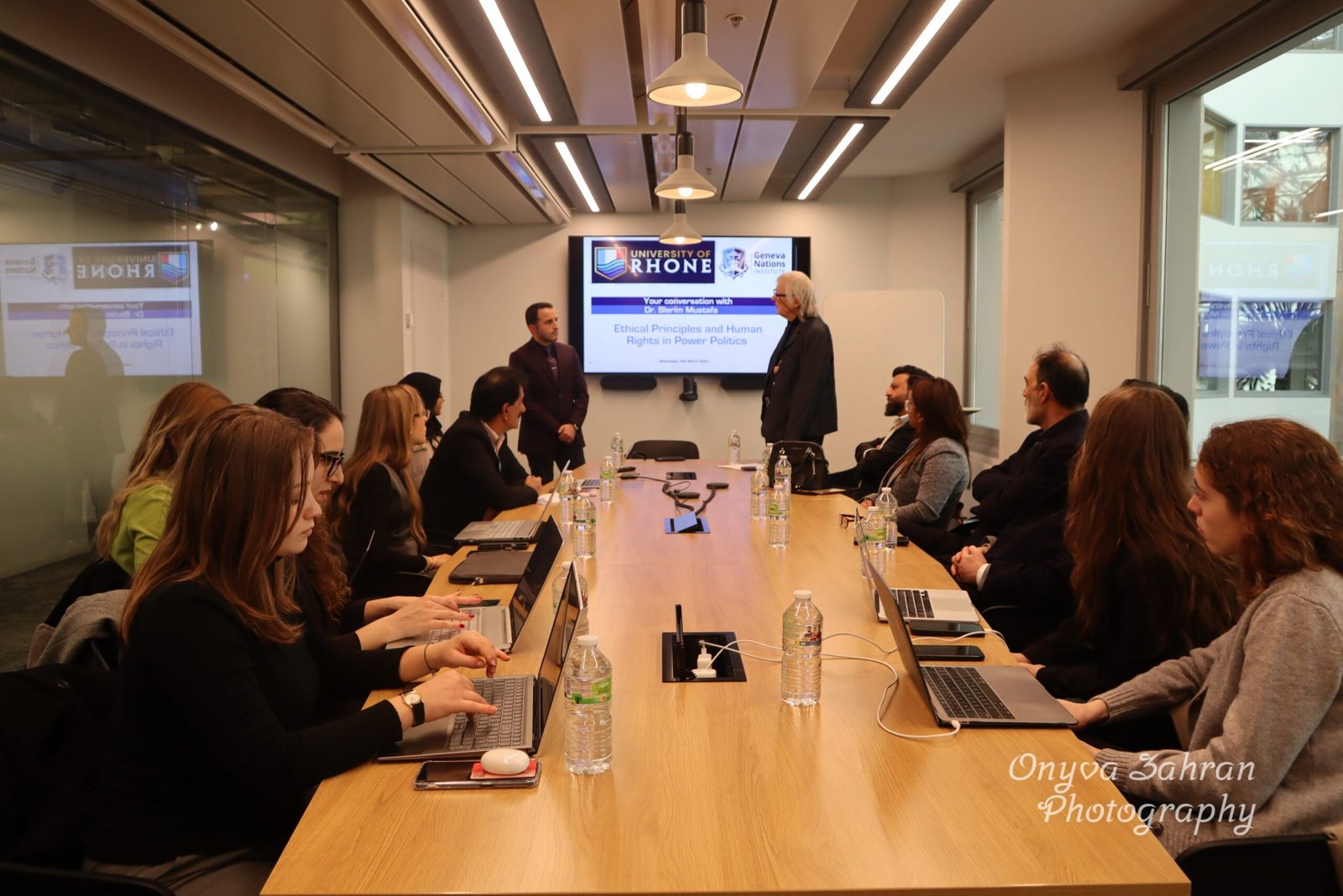DBA IN
ENTREPRENEURIAL
DIPLOMACY



DBA IN
ENTREPRENEURIAL
DIPLOMACY
Program Overview
Award : Doctor of Business Administration in Entrepreneurial Diplomacy
The Doctor of Business Administration (DBA) in Entrepreneurial Diplomacy at Geneva Nations Institute is a pioneering doctoral program for leaders and innovators at the intersection of international relations, public policy, and entrepreneurial action. This two-year program is designed for professionals who seek to apply entrepreneurial mindsets and strategies to solve complex global challenges, foster international cooperation, and drive impactful initiatives in diplomatic, non-governmental, and public-private contexts. It emphasizes original research that bridges the gap between traditional diplomacy and innovative, agile approaches to global problem-solving.
Total Credit Hours: 120 ECTS
Program Duration: 2 years (4 semesters), fully online with optional live interactive sessions and workshops.
Mode of learning: Blended learning, combining self-paced study, live interactive sessions, and guided research
Program Goals
Course Objectives for the Degree
Upon successful completion of the DBA in Entrepreneurial Diplomacy, participants will be able to:
Semester 1: Advanced Research and Strategic Foundations (30 ECTS)
- Content: Philosophy of science; qualitative, quantitative, and mixed-methods research designs; literature review techniques; ethical considerations in research.
- Learning Outcomes: Upon completion, participants will be able to:
- Critically assess various research paradigms and their applicability to business problems.
- Formulate well-defined research questions and objectives at a doctoral level.
- Conduct comprehensive literature reviews to identify research gaps and theoretical foundations.
- Apply ethical principles to all stages of the research process.
- Assessments: Assignment (Research Proposal Outline): 50%, Presentation (Literature Review Defense): 50%
- Content: Advanced statistical analysis; data visualization; introduction to big data and AI in business research; interpreting complex datasets.
- Learning Outcomes: Upon completion, participants will be able to:
- Utilize advanced analytical tools to process and interpret complex business data.
- Apply appropriate statistical methods for quantitative research designs.
- Critically evaluate the implications of data for strategic decision-making.
- Communicate data-driven insights effectively through visualization.
- Assessments: Assignment (Data Analysis Project): 60%, Presentation (Findings Interpretation): 40%
- Content: Advanced strategic frameworks; competitive advantage in dynamic markets; organizational agility; global strategic management.
- Learning Outcomes: Upon completion, participants will be able to:
- Critically analyze and apply advanced strategic models to complex organizational contexts.
- Formulate innovative strategies for achieving sustainable competitive advantage.
- Assess the impact of global trends and disruptive technologies on strategic planning.
- Develop a strategic mindset for leading organizations through uncertainty.
- Assessments: Assignment (Strategic Case Study Analysis): 50%, Presentation (Strategic Recommendation): 50%
Semester 2: Leadership, Innovation, and Governance (30 ECTS)
- Content: Theories of executive leadership; leading change and transformation; power and influence in organizations; building high-performing teams.
- Learning Outcomes: Upon completion, participants will be able to:
- Evaluate various leadership theories and their practical application in complex settings.
- Develop strategies for leading organizational change and fostering a culture of innovation.
- Analyze the dynamics of power and influence within executive leadership roles.
- Design interventions to enhance team performance and organizational effectiveness.
- Assessments: Assignment (Leadership Development Plan): 50%, Presentation (Leadership Case Study): 50%
- Content: Managing innovation processes; digital strategy and business model innovation; emerging technologies (AI, blockchain, IoT) and their strategic implications; fostering an innovative culture.
- Learning Outcomes: Upon completion, participants will be able to:
- Design and manage innovation processes within established organizations.
- Formulate digital transformation strategies that leverage emerging technologies.
- Assess the strategic implications of AI, blockchain, and IoT for various industries.
- Cultivate an organizational culture that supports continuous innovation.
- Assessments: Assignment (Digital Transformation Strategy Proposal): 60%, Presentation (Innovation Challenge Solution): 40%
- Content: Ethical decision-making frameworks in a global context; corporate social responsibility; stakeholder management; international governance structures and regulations.
- Learning Outcomes: Upon completion, participants will be able to:
- Apply ethical frameworks to complex global business dilemmas.
- Develop strategies for integrating corporate social responsibility into core business operations.
- Analyze the role of effective corporate governance in ensuring organizational integrity and sustainability.
- Navigate international regulatory landscapes and stakeholder expectations.
- Assessments: Assignment (Ethical Dilemma Analysis): 50%, Presentation (Governance Framework Proposal): 50%
Semester 3: Entrepreneurial Diplomacy Specialization (30 ECTS)
Semester 4: Doctoral Dissertation and Defense (30 ECTS)
Target Audience
Certification
Upon successful completion of all program requirements, participants will be awarded the Doctor of Business Administration (DBA) in Entrepreneurial Diplomacy by the Geneva Nations Institute.
